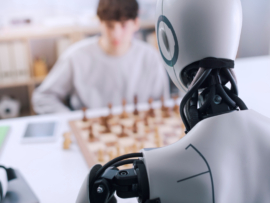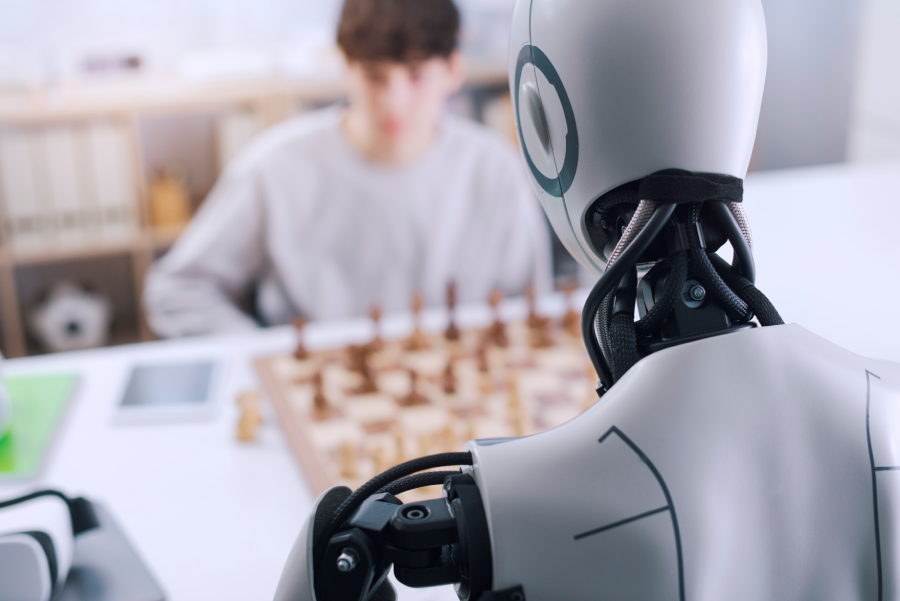
OpenAI and Google DeepMind have stunned the tech and academic world by dominating the 2025 International Collegiate Programming Contest (ICPC), the world’s top university coding competition.
At the ICPC World Finals in Baku, Azerbaijan, OpenAI’s reasoning models delivered a perfect 12-for-12 score, while DeepMind’s Gemini 2.5 Deep Think hit gold-medal level by solving 10 of 12 problems, including one no human team cracked. The results mark the first time AI rivals have outperformed the globe’s best student programmers at the so-called “Olympics of programming”.
GPT-5 leads the way with first-try correct solutions
In a post on X, OpenAI confirmed its systems solved all 12 problems under the same strict five-hour rules as human teams.
GPT-5 handled the bulk of the contest, delivering correct answers to 11 problems on the first attempt. The 12th and most difficult challenge was cracked by an experimental reasoning model after nine submissions, securing the flawless result.
The models competed in the official AI track, receiving the same problem set and working under identical test cases, memory limits, and hardware as the student teams. OpenAI said the showing would have been enough for a first-place human ranking, ahead of 139 university teams from more than 100 countries.
Researchers described the result as a “great capstone” in the company’s run of achievements across math and programming contests, following strong performances at the International Math and Informatics Olympiads. “The next frontier is the discovery of new knowledge, which is the true milestone at the end of the day,” OpenAI scientist Mostafa Rohaninejad wrote on X.
Gemini showcases Google DeepMind’s leap in abstract reasoning
Gemini blitzed through the early rounds, solving eight problems in 45 minutes and adding two more within three hours. By contest scoring, its performance would have been enough for a second-place finish against the human leaderboard.
The AI tool’s most striking breakthrough came when it solved a complex network optimization task that no student team managed, using advanced algorithmic techniques to find the answer.
ICPC Global Executive Director Bill Poucher hailed the milestone as “a key moment in defining the AI tools and academic standards needed for the next generation,” predicting it could help “fuel a digital renaissance”.
More must-read AI coverage
Teams, tests, and problem load
The ICPC has been running for decades as the world’s largest university-level coding competition. Regional rounds lead up to the World Finals, where the strongest teams face off under the same strict format.
Each squad consists of three students sharing a single workstation, requiring teamwork under pressure. They must design, code, and debug programs that meet hidden test cases, with rankings based on the number of problems they solve and the speed at which they do so.
At the 2025 finals in Baku, student teams confronted 12 problems ranging from graph theory to optimization, a slate designed to push even elite coders to their limits.
AI rivals also prove themselves in math olympiads
Before tackling ICPC, both OpenAI and Google DeepMind made headlines at the 2025 International Mathematical Olympiad (IMO). DeepMind’s Gemini 2.5 Deep Think became the first AI to earn an officially certified gold-medal score after solving five of six problems under exam conditions.
OpenAI reported that its own model reached the same gold threshold with 35 out of 42 points, but unlike DeepMind, the result was not graded by Olympiad organizers. Instead, three former medalists independently reviewed and confirmed the solutions.
What started as competition victories could also spill into science and engineering, showing a steady march into human problem-solving domains.
If contests built to test the brightest students are no longer safe ground, what does that mean for the future of competition?
While OpenAI and DeepMind battle on the programming stage, political leaders and US tech giants are moving to lock in massive data center deals in the UK.

